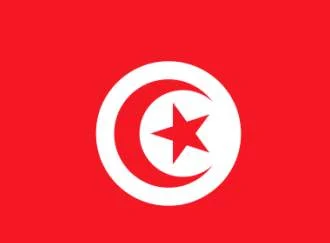After years of unpopular rule, Tunisia’s President Zine El Abidine Ben Ali has been ousted from power. Celebrations took shape in all forms, including parties, riots in the street, and of course on Twitter and Facebook.
Supporters demonstrated their approval by replacing their Facebook and Twitter avatars with the red Tunisian flag.
At a rally in Jordon, political analyst Labib Kamhawi told the Associated Press, “[The people] need political freedoms and serious economic reforms, that there must be an end to corruption and nepotism.”

Clearly, Facebook and Twitter played a prominent role in the coup, as they helped disseminate critical information across national and political lines.
Similarly, FB and Twitter helped spread word from and within Iran as the country was wracked by a wave of popular protests against the Ahmadinejad-led regime.
Obviously, social networks are likely to play a vital role in encouraging democracy and change in other countries throughout the Middle East.
For example, Mohammed Abdel-Qudous, a veteran Egyptian opposition activist, explained that Tunisian-style protests may be inevitable in his country.
“Egypt is [definitely] a candidate to be the next Tunisia because conditions in the two countries are very similar,” he said.
“It is [simply] a question of time, nothing more.”
Although many powerful governments fear social networking tools because they make it so easy to spread information quickly and easily, they will undoubtedly face it difficult to enforce a full blockade of sites like Facebook and Twitter.






